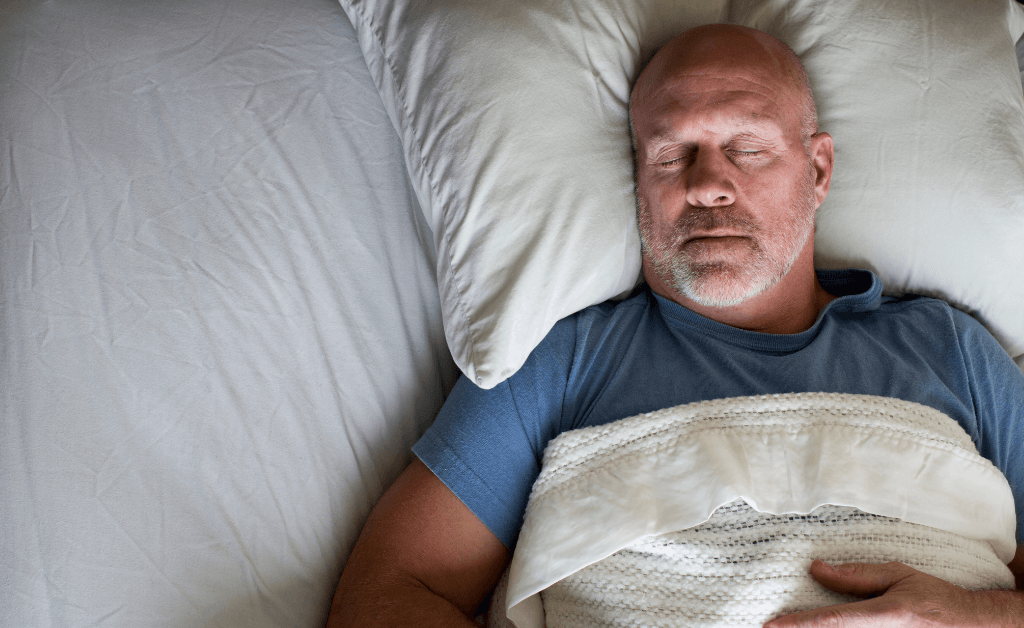Recognizing and treating sleep apnea
Have you ever had your partner complain about the noises you make when you sleep such as frequent snoring, gasping, or choking sounds? Or maybe you find yourself waking up with a headache or feeling fatigued after a night’s sleep. All are common signs of obstructive sleep apnea (OSA) or commonly referred to as sleep apnea.
What is sleep apnea?
Sleep apnea is caused by the tissue in the back of an individual’s throat collapsing as they sleep, blocking the airways throughout the night, causing oxygen deprivation. This is a serious condition that causes many short and long-term effects such as high blood pressure, Type II diabetes and even strokes. Luckily, there are treatments that can be prescribed by a sleep specialist to help get you back to a full and restful night’s sleep.
How is sleep apnea treated?
The first step to finding some relief to your sleep apnea is to set up a consultation exam with a sleep medicine professional. They may advise you to get a sleep study done to see how severe your OSA is to know how to best treat your symptoms. There are two main ways sleep apnea is treated; CPAP therapy and oral appliance therapy.
CPAP therapy
CPAP, which stands for continuous positive airway pressure, is the standard way to treat obstructive sleep apnea (OSA). A facemask is placed over a person’s nose and mouth before bedtime. This mask is connected to a machine that pumps continuous pressurized air through the nasal passages and mouth to keep airways open while you sleep. While CPAP can be effective for all severities of OSA, it isn’t right for everyone.
Oral appliance therapy
Instead of placing a mask over your nose and mouth while you sleep, oral appliance therapy is a small dental device that looks similar to a mouthguard that is worn over your upper and lower teeth while you sleep.
This device can help people who snore, as well as those dealing with mild to moderate forms of OSA. It can even be used in combination with CPAP therapy to help those with more severe forms of OSA achieve better symptom management.
Sleep-disordered breathing solutions from Ross Orthodontics
Did you know that orthodontists can expand their knowledge of safely moving teeth and jaws and specialize in dental sleep medicine? Dr. Gregory Ross of Ross Orthodontics is board-certified in dental sleep medicine and orthodontics, helping patients find solutions for their sleep apnea with various oral appliances – one that he even created and patented himself to help his sleep apnea.
If you are ready to fix your snoring and improve your sleep, health, and quality of life, schedule your consultation with Dr. Ross today to see if oral appliance therapies are a solution for you. Call us today at 651.464.6988 to schedule your consultation.

